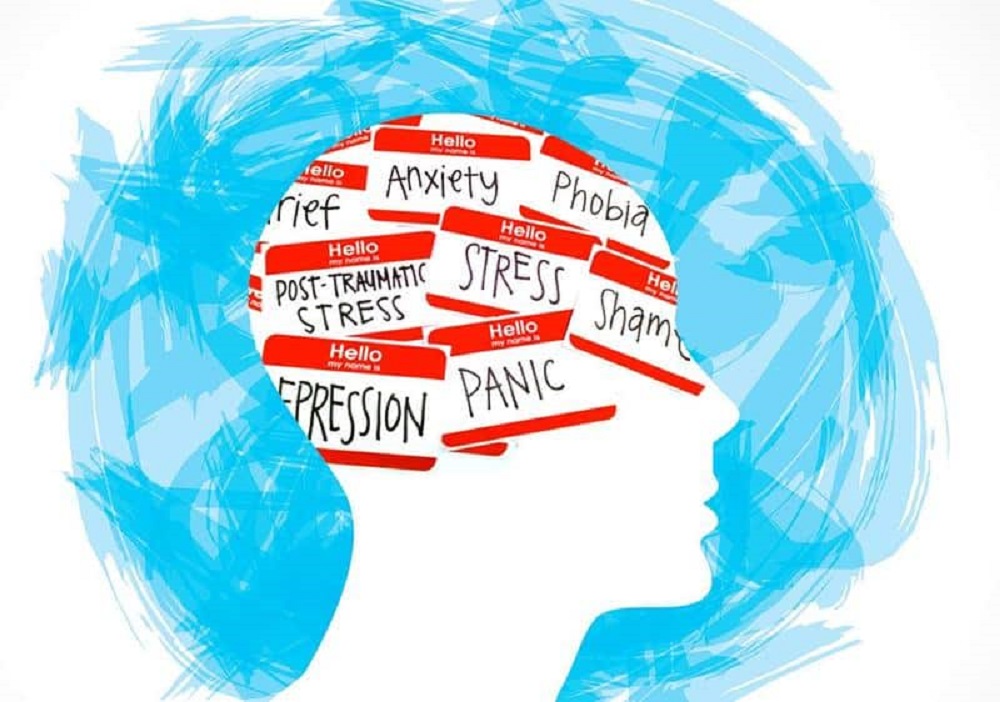13 strategies to cope with Covid-19 lockdown
The Association of Psychiatrists in Nigeria has issued coping strategies to help Nigerians remain good “emotional and physical health” as they cope with Covid-19 pandemic and attendant lockdown. The strategies are contained in a position paper the association issued this week on the Covid-19 pandemic. It is normal to be afraid of threat to our […]

The Association of Psychiatrists in Nigeria has issued coping strategies to help Nigerians remain good “emotional and physical health” as they cope with Covid-19 pandemic and attendant lockdown.
The strategies are contained in a position paper the association issued this week on the Covid-19 pandemic.
- It is normal to be afraid of threat to our lives, but too much fear can harm our health and confuse our thinking. It will be difficult for to take rational decisions when we panic.
- Talk about your worries: Remember that this is a difficult time for everyone and sharing how you are feeling and the things you are doing to cope with such worries with family and friends can help them too.
- Please remain calm and control your anxiety. Some of the circumstances are outside our control but we have to deal with it in a calm and rational manner, remember that prolonged stress is not good for our immunity.
- Be responsible; observe preventive instructions such as staying at home for you and others to stay alive, washing your hands with soap and water frequently, use hand alcohol base hand sanitizers, and maintaining physical distance from people.
- Look after your physical wellbeing; try to eat healthy, well-balanced meals, drink enough water, exercise inside where possible and outside once a day while abiding by social distancing (keeping the recommended 2 metres from others).
- Use the opportunity of technology to call family and friends and stay connected as we may not be able to physically visit one another. Physical isolation does not mean lack of communication or isolation from phone, television, radio, music and others.
- Manage your media and information intake: Know where you get information from and get the facts, gather quality information from NCDCMinistry of Health recommended and approved sites that will help you to accurately determine your own or other people’s risk of contracting coronavirus (COVID-19) so that you can take reasonable precautions. Twenty-four-hour news and constant social media updates can make you more worried. It may help to only check the news at set times or limit yourself to a couple of checks a day.
- Don’t indulge in use of psychoactive substances: Avoid the use of alcohol and other drugs to kill boredom. Cigarettes and tobacco could increase your risk for Covid-19 infection and could also increase the severity.
- Avoid stigmatizing people who have been diagnosed with Coronavirus disease.
- Set goals: Setting goals and achieving them gives a sense of control and purpose – think about things you want or need to do that you can still do at home.
- Think about your new daily routine: Think about how you can adapt and create positive new routines – try to engage in useful activities (such as cleaning, cooking or exercise) or meaningful activities (such as reading or calling a friend). You might find it helpful to write a plan for your day or your week.
- Do things you enjoy: Play with children and family, laughter is good so laugh as much as possible, If you can’t do the things you normally enjoy because you are staying at home, try to think about how you could adapt them, or try something new like enrolling in free tutorials and courses online.
- Keep your mind active: Read, write, play games, do crossword puzzles, sudokus, jigsaws or drawing and painting. Find something that works for you. Here is an opportunity to do away with unwanted bad habits.
